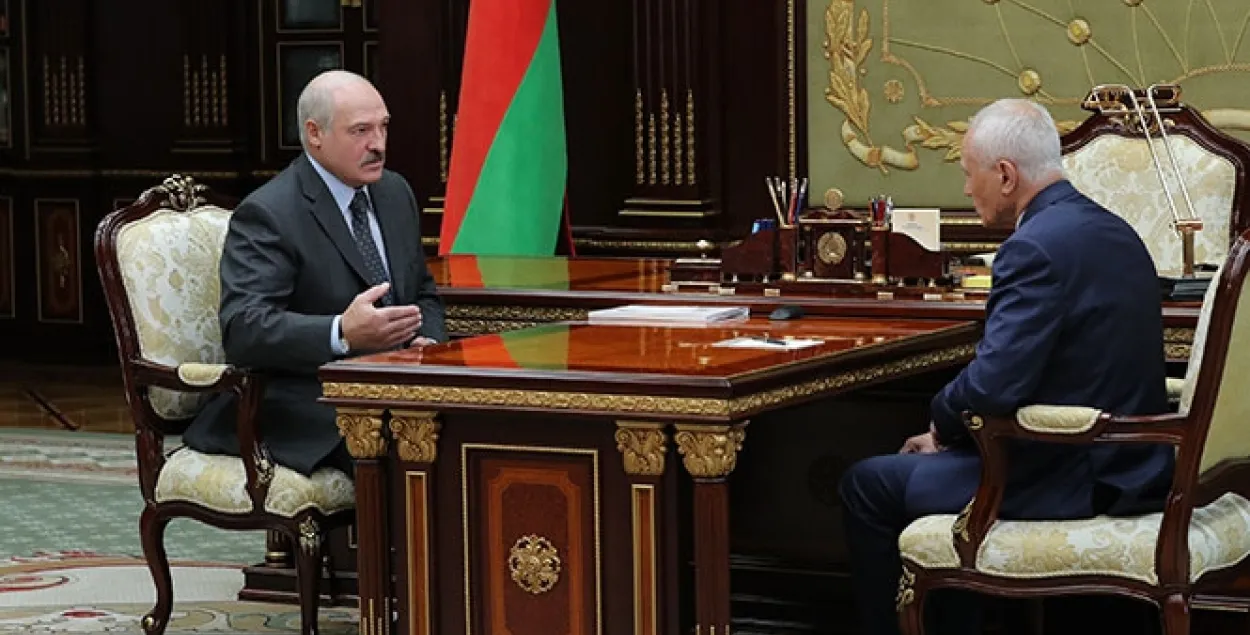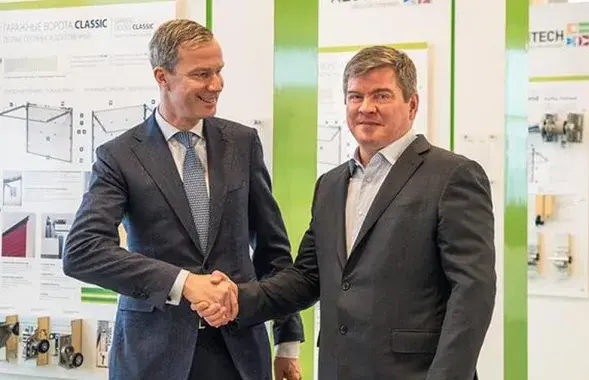Lukashenka insists on priority of oil and gas decision over integration talks

president.gov.by
On Tuesday, July 9, Alyaksandr Lukashenka voiced some problems that Belarus and Russia need to solve before discussing integration.
"For example, today we have about 80 enterprises closed by Rosselkhoznadzor or some other body in Russia, or maybe by the government. Most likely, the government," he said during a meeting with State Secretary of the Union State Hrygory Rapota. "They are closed to the supply of our products to Russia. Moreover, under a far-fetched pretext. After all, it is possible to make and justify any decision ... If it is the way to build relations with each other today, any common currency and the entry or unification of states is out of the question... We need to clear. It simply shouldn't exist in the relations between the two states".
As another example, the head of state cited access to government contracts. According to him, "Everyone should be in equal conditions. Both Russian and Belarusian enterprises. It should either be an industrial cooperation that we talk about a lot. Or a tax maneuver, which has been planted instead of customs duties, which we agreed that they shouldn't be in the EEU at all. Let alone in the Union State. Or, in fact, the time frame for negotiations on natural gas and oil supplies for the future has already expired".
"We believe we have nothing to talk about without solving these issues first. That is, there are a lot of problems," summed up Alyaksandr Lukashenka. This statement was made against the background of the sharp position, expressed by Deputy Prime Minister of the Russian Government Dmitry Kozak the day before. The official put the stress not on the settlement of issues in the field of industrial production or energy, but on the progress in the integration of Belarus and Russia:
"We're still negotiating the deepening of the the integration processes. After we finish the dialogue on this topic, it will become clear when and how we will bring our gas markets closer together, making a single market or a common gas market," said Kozak.



















